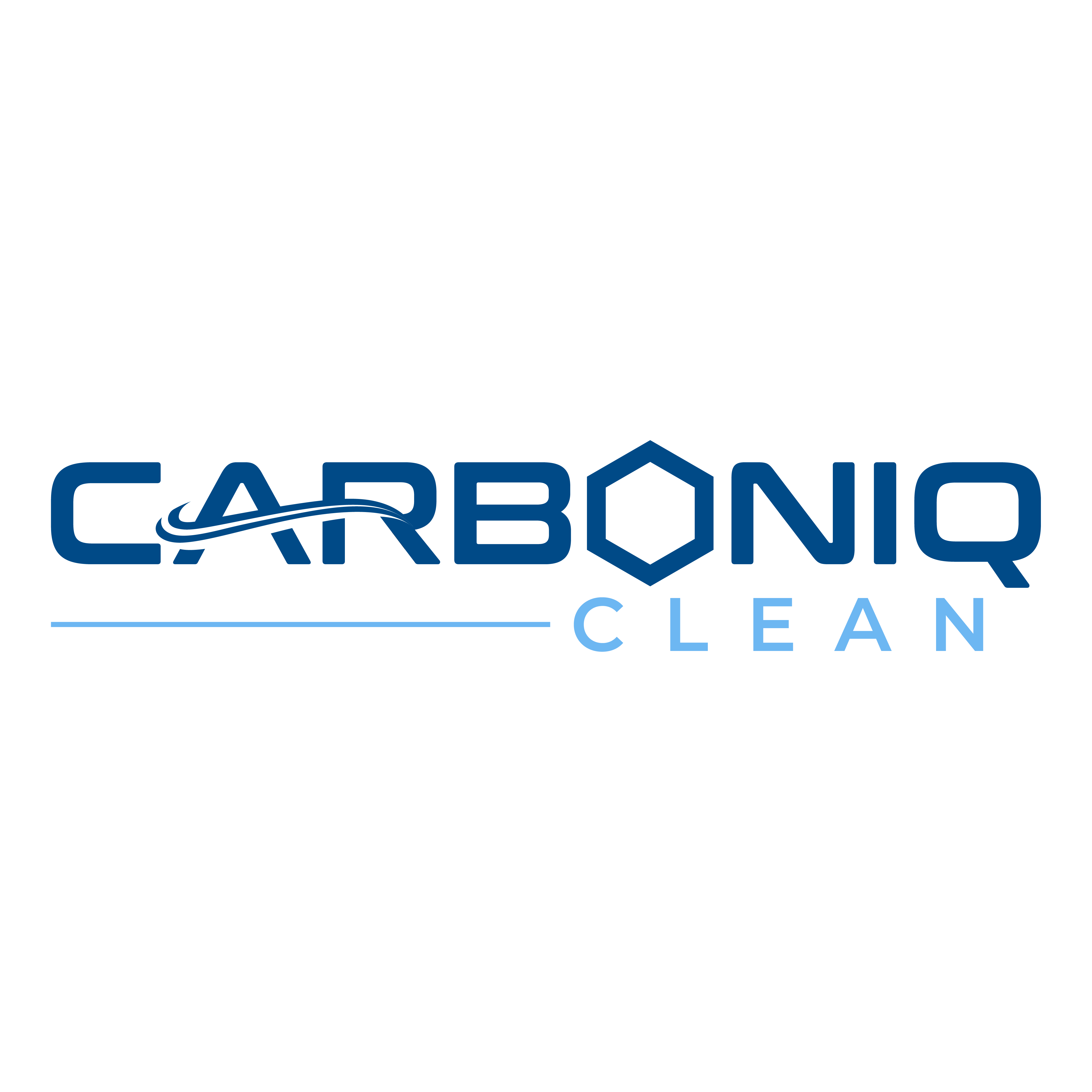

Solutions
Benefits of Carbonic Cleaning

Surface preparation is the essential first step to provide consistent and reliable adhesive or cohesive bond strength. Using nozzles that spray micronized CO2 eliminates contaminants, ensuring a robust bond.
Advantages include:
-
Does not require post-solvent cleaning or wipes
-
Surface treatment at normal pressure
-
Enhanced bond strength
Surface Preparation

CO2 particles are sprayed onto the surface, effectively dislodging and removing unwanted contaminants and dust. Once the CO2 comes into contact with the surface, it evaporates completely, leaving no trace of contamination.
Advantages include:
-
Remove unwanted particles
-
Ideal for partially assembled components
-
Require less space than traditional aqueous-based systems.
Particle Removal

CO2 cleaning is a simple and dry way to spot-clean surfaces. It removes residues like oils, light fingerprints, organic matter, and dust from surfaces.
Advantages include:
-
Remove unwanted residues
-
Enhanced bond strength
-
Environmentally friendly
Residue Cleaning
Why Choose Carbonic Cleaning?
Recycled CO2 emissions from cleaning are not hazardous, posing no risk to workers or the environment.
No Hazardous Emissions
Carbonic cleaning technologies are 100% dry so that no drying process is required for even the most complex substrates.
No Drying Required
Each batch of carbon dioxide is the same as the previous batch. There is no physical degradation of CO2 from one run to the next.
Quality Control
Recycled CO2 costs between 10x and 100x less (per unit mass) as compared to many conventional manufacturing process agents.
Lowest Material Cost
Carbonic Cleaning generates no environmentally harmful waste, eliminating the need for disposal.
No Waste Disposal
CO2 cleaning systems are simple, self-cleaning and self-sustaining.
There is no need for shutdown, bath dumps, and system clean-out.
Reduced Maintenance
